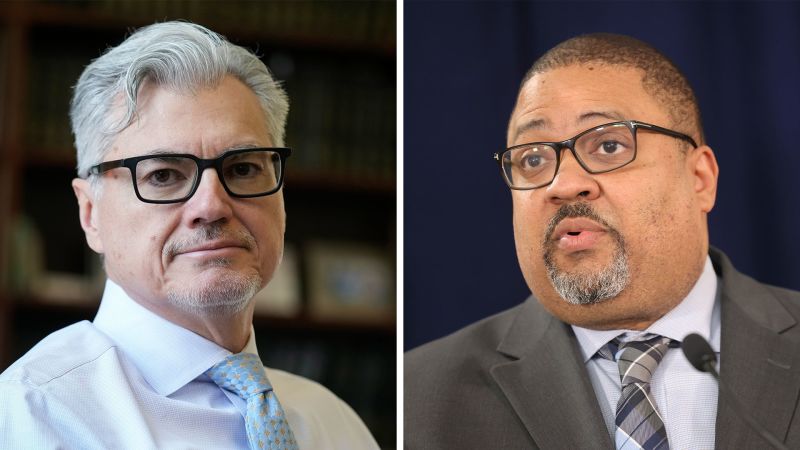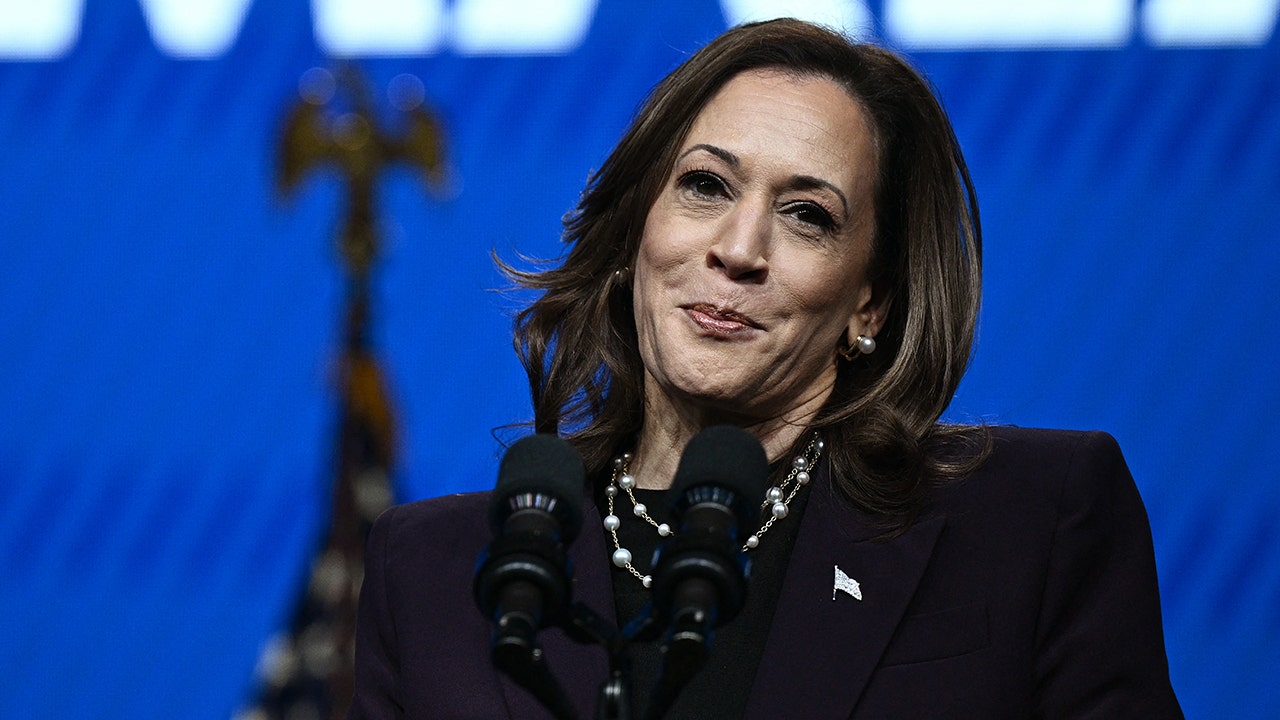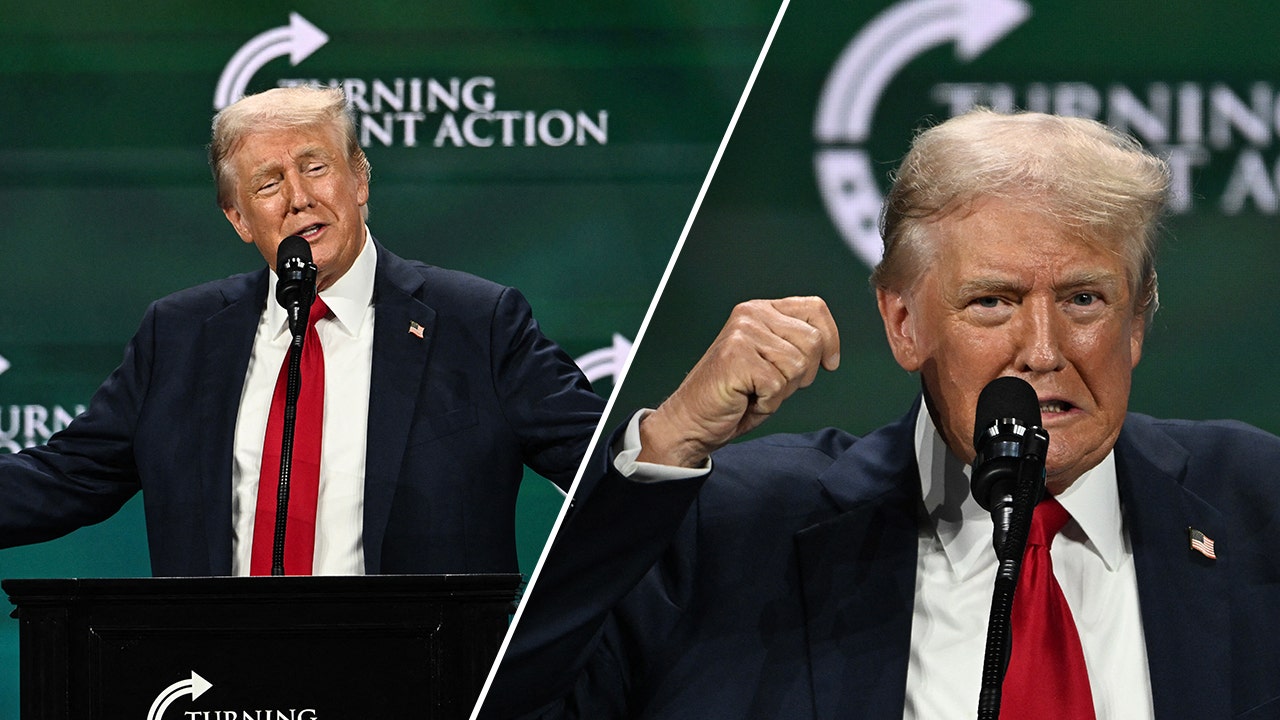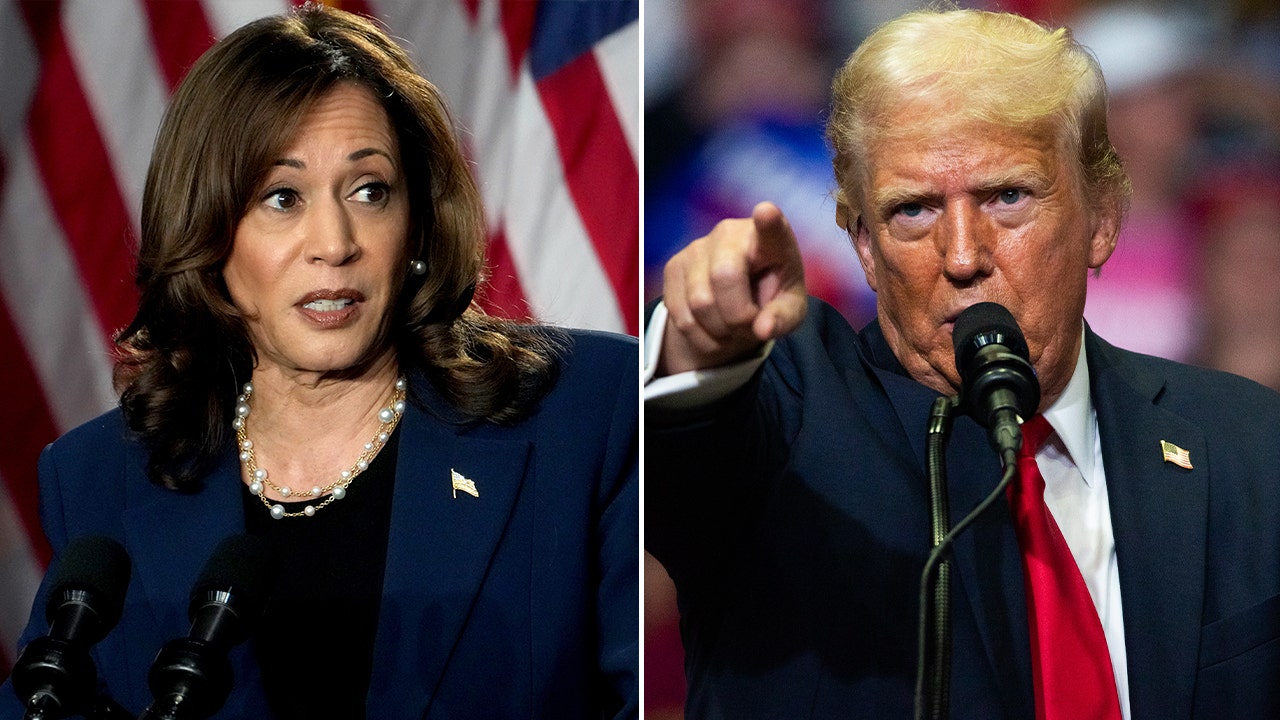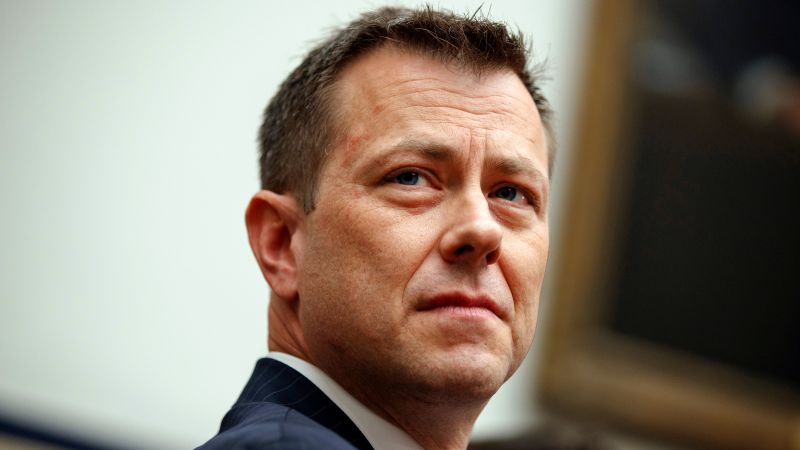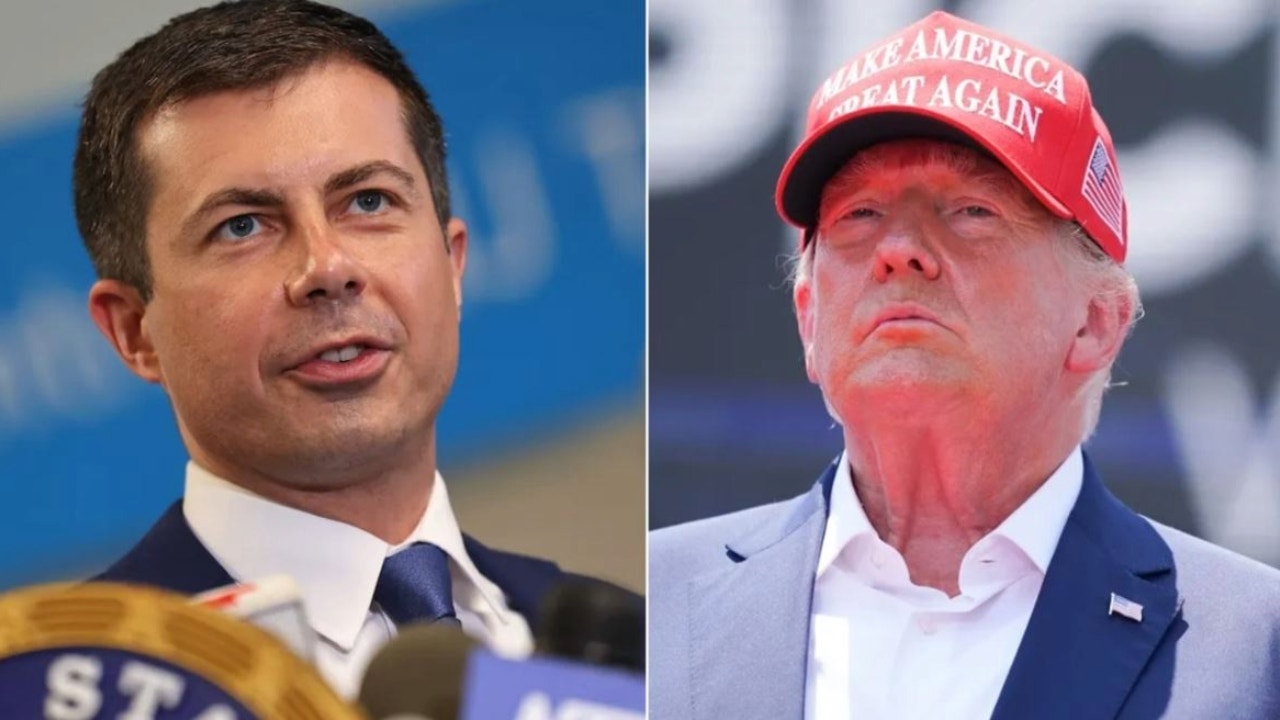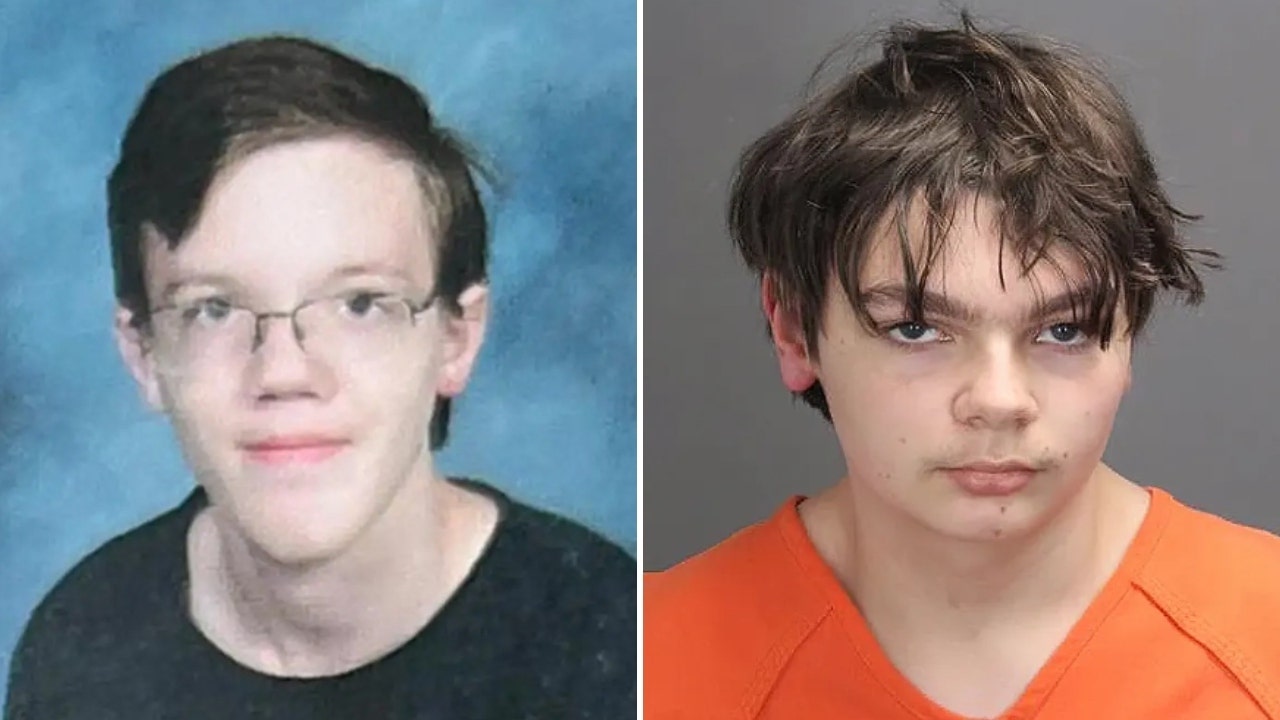CNN
—
American politics is festering in violence, intimidation and inhumanity as another election looms amid escalating risks to political figures, all of which poses a grave threat to democracy.
New details Monday of the assault on House Speaker Nancy Pelosi’s husband strongly suggested the alleged assailant had a political motive and added to news reports that he engaged with social media conspiracies and election denialism.
According to a federal affidavit, the accused, David DePape, who is due to be arraigned Tuesday, told investigators that he planned to kidnap the third-ranking federal official and break “her kneecaps” if she lied. In her absence, he said, her husband Paul Pelosi ended up “taking the punishment instead” as he allegedly struck the 82-year-old on the head with a hammer, fracturing his skull.
This version of events will be tested in court and it’s premature to link any specific piece of political rhetoric to what transpired. But the incident leaves extremist politicians who fling vitriol – yet refuse to take responsibility for their words – on ever more tenuous ground.
Perhaps the most extraordinary by-product of an assault apparently intended for the speaker is that it produced its own churn of conspiracy theories and rhetorical cruelty. Once again, a gusher of falsehoods and wild, malicious misinformation circulating on social media and on the ideological right is creating an alternative reality meant to blur truth, prevent accountability and to further pollute political discourse.
But the elevation of such conspiracies and insensitive commentary was not contained to the fringes on the internet; they also came from the likes of one of former President Donald Trump’s sons and Republican Kari Lake, who’s seeking the governorship of a key battleground in Arizona. Lake appeared to mock Paul Pelosi over his assault and the security at his home. That anyone could find humor in a physical attack is troubling, especially given America’s recent history of political violence.
The Pelosi attack, described by prosecutors on the case and outside criminal experts as politically motivated, didn’t take place in a vacuum.
It was the latest outburst of a climate of violence and harassment swamping modern politics. It took place less than two years after an unprecedented violent insurrection at the US Capitol rooted in Trump’s false claims of a stolen election. It followed a few months after a man was arrested and charged with attempting to murder conservative Supreme Court Justice Brett Kavanaugh. This came five years after GOP House Minority Whip Steve Scalise was shot at a congressional baseball practice. And it’s less than 12 years since Democratic Rep. Gabby Giffords was left with a brain injury after she was shot in the head in Tucson, Arizona.
The Paul Pelosi attack also took place against a backdrop of tension surrounding the midterm elections next week, including reports of groups monitoring voter drop boxes in Arizona. Earlier this summer, former Georgia poll worker Ruby Freeman searingly told the House select committee investigating January 6, 2021, that there was now nowhere she felt safe after getting drawn in to Trump’s voter fraud conspiracies and asked, “Do you know how it feels to have the president of the United States target you?”
Republican politicians who told the truth about Trump’s election fraud nonsense found themselves subject to threats against them and family members. Two years on from that tumultuous election, temperatures are boiling again. The Department of Homeland Security, the FBI, US Capitol Police and National Counterterrorism Center last week warned that enduring perceptions of election fraud in 2020 are radicalizing violent extremists and that similar feelings this time around or dissatisfaction with results could result in heightened threats to ideological opponents and election workers. So while the Paul Pelosi attack is a specific case, it fits into a broader stream of political menace.
Millions of Americans have already early voted in safety and there is every hope next week’s midterm elections will largely proceed peacefully. And violence is nothing new in the volatile two-and-a-half centuries of US history – sometimes erupting to the surface at a time of national stress.
But at the same time, the political atmosphere is far more estranged than it has been for decades, with different sets of Americans on both sides fearing their country is being torn away from them. The evidence of the last few years also brings a foreboding sense that increasing numbers of Americans see violence as a legitimate form of political expression, especially under the influence of an ex-president who told the Proud Boys to “stand back and stand by” in a presidential debate, then incited a mob attack on the Capitol, and who has warned of problems “like we’ve never seen” if he’s indicted as several criminal investigations swirl around him.
A Washington Post poll taken around the anniversary of the insurrection in January found, meanwhile, that 34% of Americans – and 40% of Republicans – said violence against the government is sometimes justified.
“The political rhetoric we are just seeing constantly go up,” Greg Ehrie, a former FBI special agent in charge, told CNN’s Kate Bolduan Monday.
“Just last year, we have seen threats against Congress people and their families went up to 9,500, which is double what we have seen ever before in our history.”
Given such alarming statistics and the harrowing nature of the attack on Paul Pelosi – apparently just because his wife was a political leader – the natural response might be for those who may influence extremists to cool the temperature. But it is a mark of the unchained political times that while most Republicans condemned the attack, other right-wing influencers turned up the political outrage machine.
Donald Trump Jr. retweeted a conspiracy theory social media post featuring a hammer, as though the ordeal suffered by Paul Pelosi, who is still in the hospital, was funny. The new owner of Twitter, Elon Musk, retweeted and deleted a similar post, raising the possibility that one of the world’s newest social media gatekeepers might end up exacerbating an already toxic political culture.
In one extraordinary moment on Monday, investigators in San Francisco moved to debunk a false conspiracy theory pushed by some conservatives that Paul Pelosi knew his assailant and was in some kind of relationship with him.
“This attack goes to the core of our democracy and it can’t be just written off to some crazy person. What our leaders say matters,” Ed Davis, a former Boston police commissioner, said on “CNN Newsroom” on Monday.
Even a few years ago, the comments from Lake and various right-wing pundits might have been disqualifying. But in the Trump era, the cruelty is often the point, as candidates and surrogates seek to establish their credibility with a radical base of voters by saying what once would have been seen as offensive or simply callous. Their rhetoric often exacerbates the process of dehumanizing political opponents that seems to make violence more likely.
Details emerging from the investigation in the Paul Pelosi case on Monday appeared to further undermine claims by Republicans that the attack had nothing to do with politics or was somehow just a one-off incident.
Trump, for instance, insisted in an interview that what happened was a “terrible thing” but was symptomatic of rising crime in American cities – a key Republican midterm election talking point.
His comments don’t reflect the charge sheet now facing DePape and the comments of investigators in San Francisco. District Attorney Brooke Jenkins said the assault was “politically motivated” based on DePape’s statements. The alleged assailant is now facing federal charges of “attempted kidnapping of a US official” and assault of an immediate family member of a US official. He is also facing charges from state officials with “attempted murder, residential burglary, assault with a deadly weapon, elder abuse, false imprisonment of an elder, as well as threats to a public official and their family.”
The House January 6 committee has already shown how Trump’s incitement before and after that day convinced those who attacked the Capitol they were doing what he wanted. That impression was further underlined on Monday when a former member of the Oath Keepers extremist group told a jury that after the election, he felt a “sense of desperation and hopelessness” because he believed Trump’s claims that fraud was committed in the 2020 election.
“I guess I was acting like a traitor against my own government,” said Graydon Young, the first Oath Keeper to plead guilty to conspiracy in connection to January 6.
His comments underscored the power of the inflammatory rhetoric coming from leaders like Trump, who have appeared to offer tacit encouragement for political violence.
Jenkins, the San Francisco DA investigating the Paul Pelosi case, warned Monday it was time for politicians to lower roiling political temperatures.
“It is very sad to see that once again, we are at a point in history where people believe it is okay to express their political sentiments through violence,” she said.
Read the full article here





